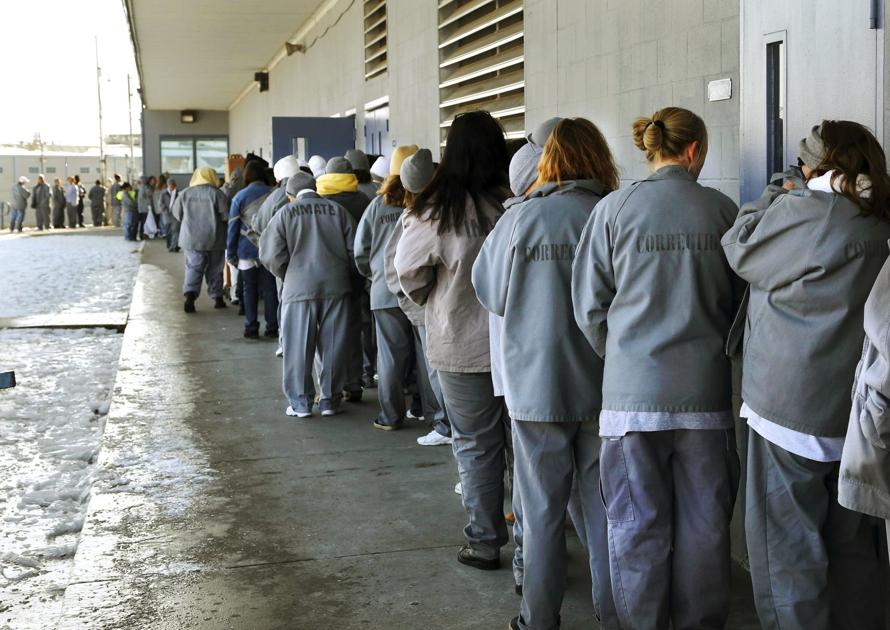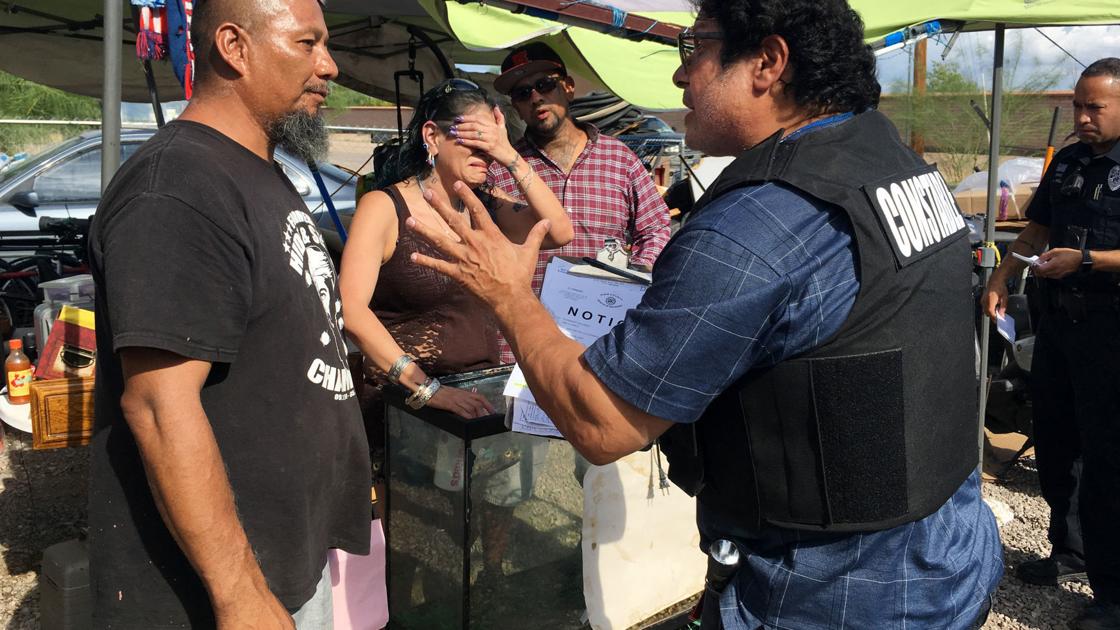The victories — which bring to 36 the number of states that have elected to expand Medicaid coverage — were the product of a new model of political action that may become increasingly common across the country in coming years, particularly in traditionally Republican states.
Tennessee is of the unhealthiest states in the country, where nearly 7 percent of the population, or 450K people, do not have any healthcare coverage.
Gov-elect Laura Kelly says she expects lawmakers to address Medicaid expansion in the coming session. Expansion is one of her top priorities.
A federal judge had blocked a similar approval in June, sending the proposal back for review.
The Bay Area’s hidden hungry are the Hayward delivery driver and homemaker who rely on the food bank to feed their family of five. They are the seniors struggling to get enough to eat in East Palo Alto, just 2 miles from Facebook headquarters and its free employee meals. They are the diabetics showing up in emergency rooms in Oakland with low blood sugar at the end of the month because they ran out of food. They are the undocumented families sharing tiny apartments in the South Bay, cooking beans on camp stoves in their bedrooms. More than 1 of every 10 people in the Bay Area today are hungry. But they are not only the visibly famished, digging through the trash in Union Square for the remains of someone’s lunch.
Tulsa County among the drivers of the increase.
The proposed legislation is very much a modest compromise, one that will result in about 7,000 federal inmates getting out early.
Lawyers in Philadelphia think so. They want the city, which is suffering from an eviction crisis, to spend more on helping people fight landlords in court.
This is part 1 in a three-part series. Click the below links to read parts 2 and 3.







